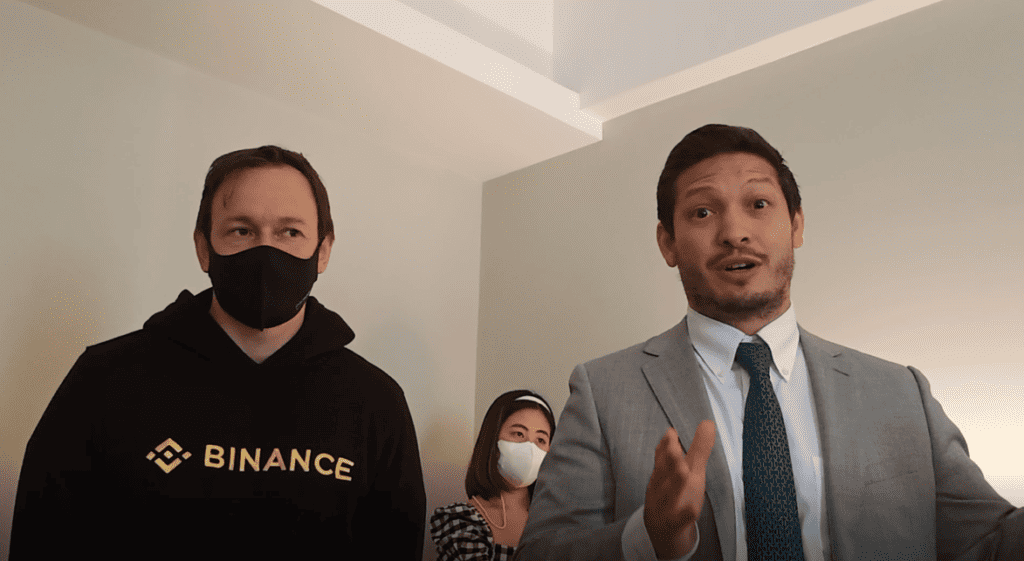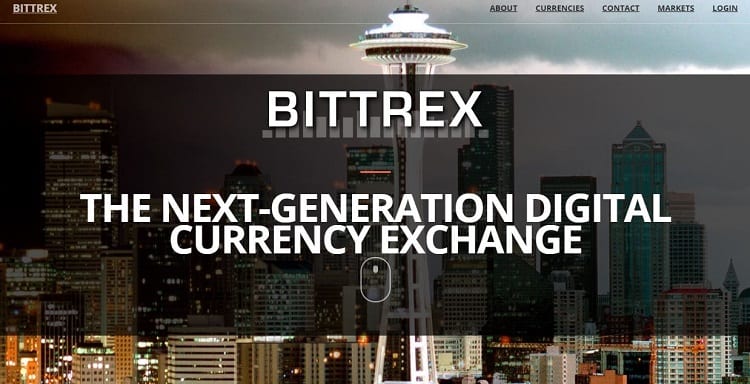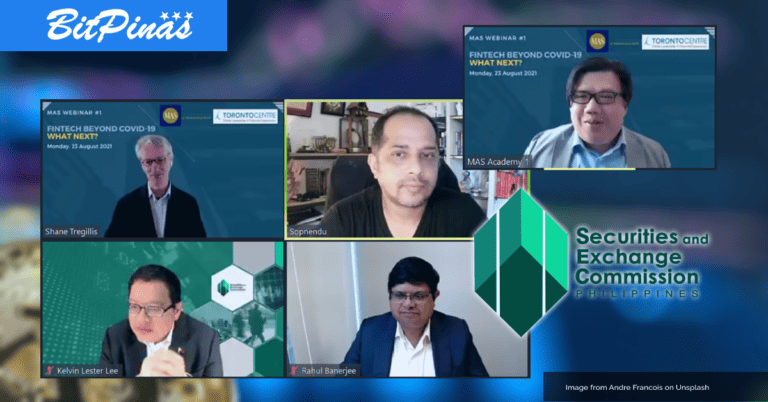Binance on Working with Gov’t: Trust, Integrity Important
Once a vulnerable user tries to withdraw their assets, they will receive a pop-up window asking if anyone has contacted them outside of the platform to make this transaction.
Editing by Nathaniel Cajuday
Another question asked to the representatives of Binance during the Cybercrime seminar with the Cybercrime Investigation and Coordination Center (CICC) and Binance was about how helping the law enforcement build the capacity would also benefit Binance.
“The big part is doing the right thing. Second point is definitely it is not in our best interest to have a platform that hosts criminals. Vast majority of the transactions that go through our exchange are legitimate. So, of course, it is in our own interest to work efficiently as we can with authority and law enforcement to eradicate the bad players from our exchange and industry,” answered Jarek Jakubcek, Head of Intelligence and Investigations for Asia Pacific at Binance.
In correlation to a press release from the Securities and Exchange Commission about a scam that apparently used exchanges like Binance, the journalist asked if Binance has the capacity to detect these “bad guys.”

“Definitely we have the capacity to respond to all law enforcement inquiries. This is not something that should be taken for granted. You can question law enforcement in this country but also in other countries and you can see there are many exchanges that would respond to inquiries or it will take weeks and months to sort it out. In Binance, we are trying to provide a useful response in a short period of time. This is one of the important things we are doing, cooperating very efficiently with law enforcement. Of course, even outside of that area, we are doing ways to prevent criminal activities. There are materials available on the website about crime prevention,” Jakubcek added.
Jakubcek gave an example of their crime prevention activities that are not visible to most users. Once a vulnerable user tries to withdraw their assets, they will receive a pop-up window asking if anyone has contacted them outside of the platform to make this transaction.
But he also emphasized that despite the security measures provided to prevent crimes, there are still users that do not confirm these pop-ups because they are convinced that they are sending them to a legit transaction and fall into these schemes.
“Cryptocurrencies give users all of the power. All of the sudden, people have ownership of the funds. They can send funds from one person to another. With power comes direct responsibility. So, people should be very careful about their sensitive data and cryptocurrencies in making these transactions. It will take some time to change the mindset of people to be more mindful and more conscious about their cyber security,” the Binance representative stressed.
After then, the journalist shifted to the question about Binance’s license acquisition and its current number of users in the Philippines, and the extent of its operations.
Kenneth Stern, the General Manager and CEO of Binance Philippines, responded that they cannot disclose the number of users they have, but based on his reading publicly, there are four to five million users of cryptocurrency in the country.
Meanwhile, another official of Binance, Choo Pin Ang, Binance APAC Government Relations Head, brought back the topic of the importance of cooperation of Binance with law enforcement.
“Can I jump back very quickly to your other question why we are working with law enforcement, right? The hallmark of any successful system is trust and integrity. We need to work together with the users. Earlier, we talked about individual responsibility. We also need to work with the people inside the system, especially the regulators, and law enforcement and authorities, to make sure there is that trust and integrity; trust of the system and integrity of the system,” Ang stated.
The journalist tried to compare the Philippines with other Southeast Asia countries on why Binance is trying to acquire licenses in the country. If the exchange is also doing the same with other countries.
“That’s a very important question you’ve raised. I think there are different ways to have success in other countries. We are committed to working within the legal framebook, regulatory framebook, in each country to achieve the success,” responded by the official of Binance.
The journalist insists on asking if Binance is required to have licenses by the Philippine government. The official stated that it is still in discussion with the Philippine government and that he may not be able to answer the inquiry.
Another journalist asked if they thought that the regulations of the Philippines were more rigid or had more requirements than most Southeast Asian countries. Ang’s response is that they are still learning and that it is a two-way journey.
“This is something Binance is very committed to around the world. That is why we have experts. We have a whole team of people who are experts in these areas to make sure that we have the technical know-how. More importantly, the will to work together with governments, regulators, law enforcement agencies around the world. To show them the trust and integrity especially here in the Philippines,” Ang concluded.
This article is published on BitPinas: Binance on Working with Gov’t: Trust, Integrity Important
Disclaimer: BitPinas articles and its external content are not financial advice. The team serves to deliver independent, unbiased news to provide information for Philippine-crypto and beyond.





